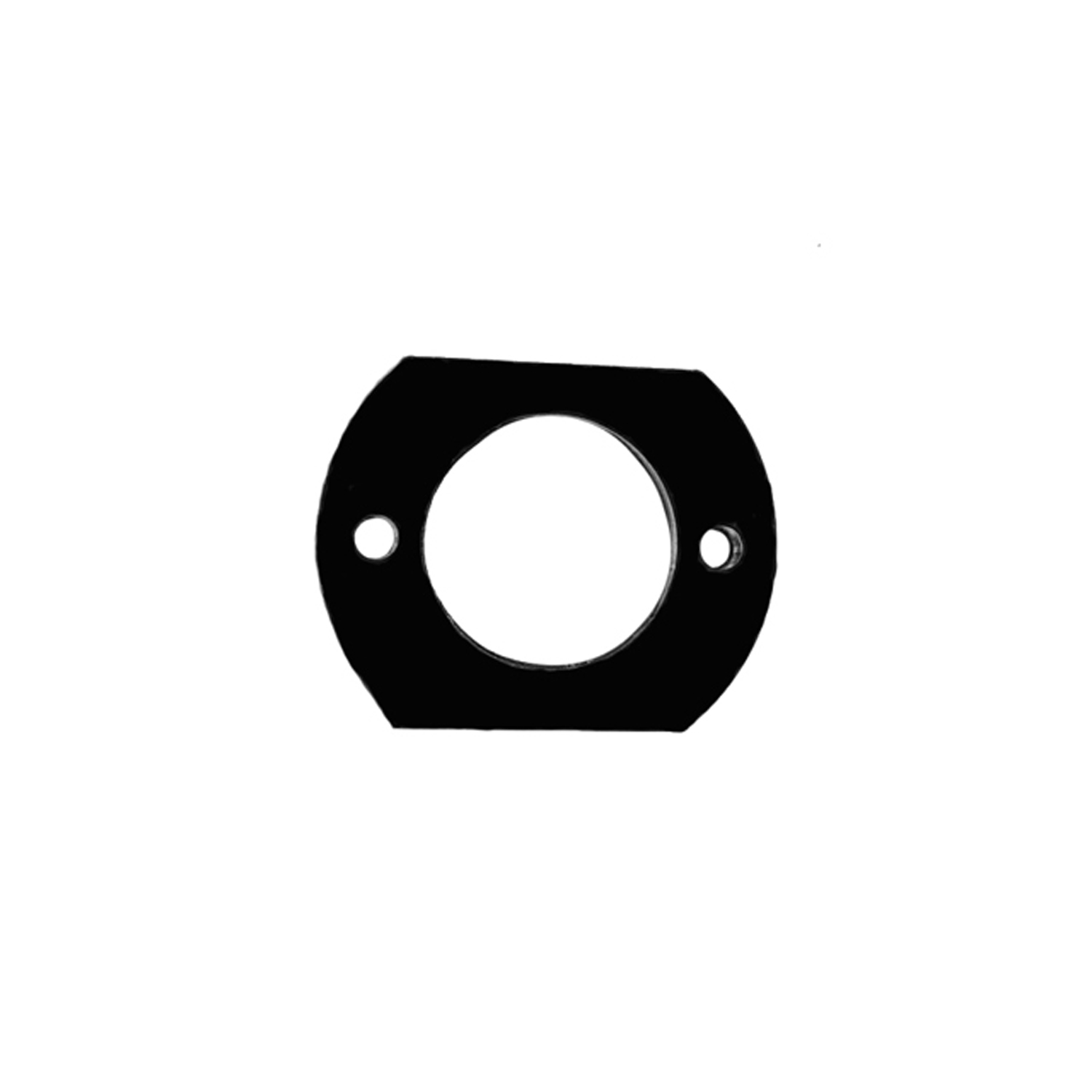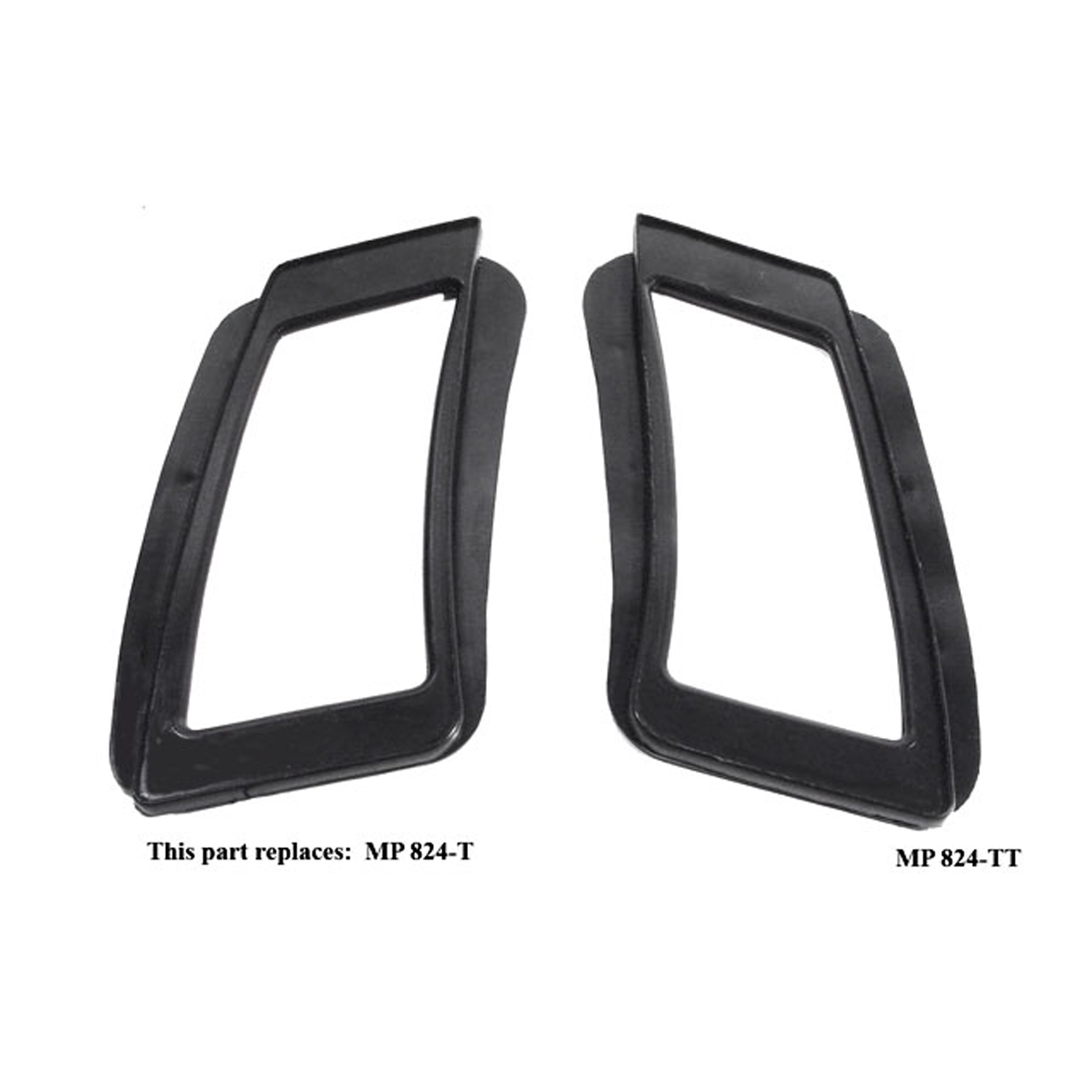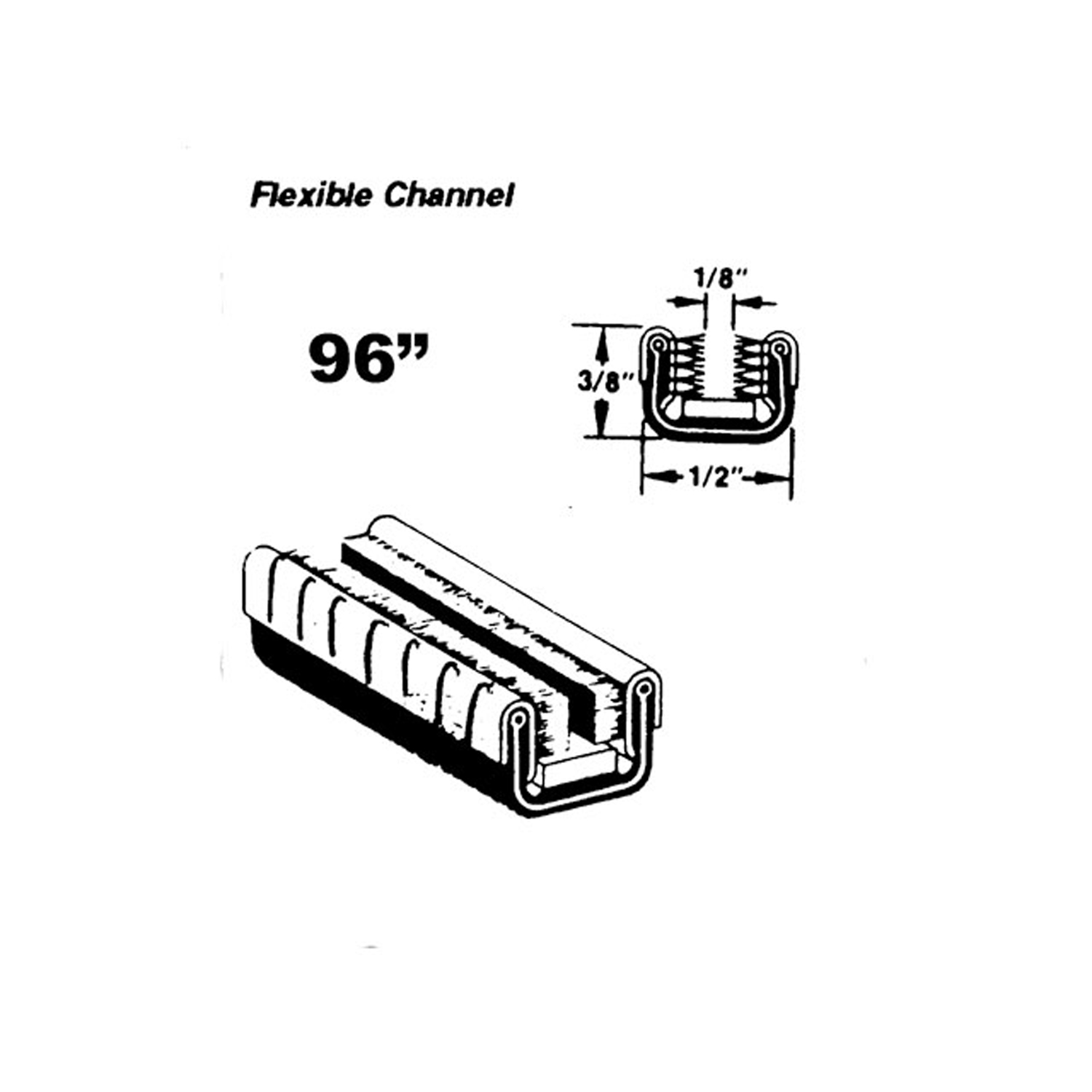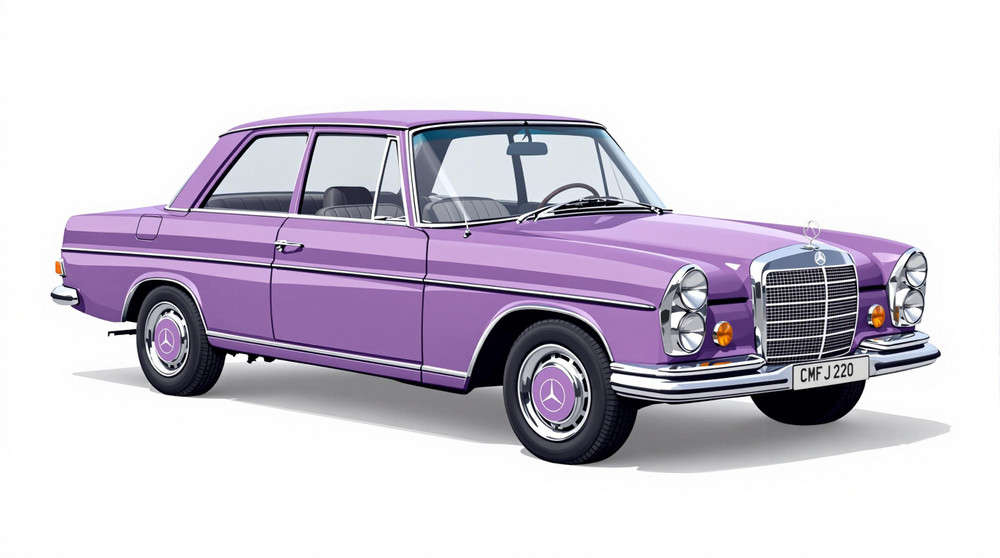Image of 1971 Mercedes-Benz 220, Note: These illustrations use artistic license and may differ from actual historical models.
Performance Metrics
Fundamental Metrics
Emotional Appeal
MMP Rating
| Engine Specifications | |
|---|---|
| Engine: | Inline 4 |
| Displacement: | 2.2L |
| Horsepower: | 95-105 HP |
| Torque: | 130 lb-ft |
| Compression Ratio: | 8.7:1 |
| Ignition System: | Electronic Ignition |
| Cooling System: | Water-cooled |
| Performance Specifications | |
| 0-60 Time: | 13 seconds |
| 1/4 Mile Time: | 19 seconds |
| Top Speed: | 105 mph |
| Transmission and Drive | |
| Drive Type: | Rear Wheel Drive |
| Transmission Type: | 4-speed manual or 4-speed automatic |
| Fuel and Efficiency | |
| Fuel System Type: | Carburetor |
| MPG: | 18-20 MPG |
| Dimensions and Brakes | |
| Brakes: | Disc Brakes |
| Wheelbase: | 108.3 inches |
| Weight: | 3000 lbs |
Note: Specifications for classic cars are given to the best of our ability, considering the limited and variant data available.
1971 Mercedes-Benz 220: An Emblem of German Engineering
The 1971 Mercedes-Benz 220 stands as a testament to the enduring legacy of one of the world's most prestigious automakers. Born in an era of automotive revolution, this model was crafted with the precision and elegance synonymous with the Mercedes-Benz marque. As a member of the W115 series, introduced in the late 1960s, the 220 model showcased the brand's commitment to innovation during a period marked by social change and technological progress. A notable moment in its history includes its role as a precursor to the modern E-Class, a lineage that continues to define luxury motoring today.
Design and Innovation
The exterior of the 1971 Mercedes-Benz 220 exudes a timeless charm, with its clean lines and balanced proportions. The vehicle's classic silhouette is accentuated by its prominent chrome grille and the iconic three-pointed star perched atop its hood. Inside, passengers are greeted with an interior that marries functionality with luxury. High-quality materials such as rich leather upholstery and polished wood trim were hallmarks of the cabin's design. Technologically, it featured advancements like disc brakes and fuel injection—a rarity at the time. Color options ranged from subdued hues to more vibrant tones, with classic shades like Anthracite Grey and Signal Red being among the popular choices. The sedan body style was particularly iconic, though coupe and estate variants were also available.
Historical Significance
The 1971 Mercedes-Benz 220 contributed significantly to setting new standards in automotive design and safety technology. It was part of a generation that introduced crumple zones and strengthened passenger cells—innovations that have since become industry staples. This model distinguished itself from its peers with a blend of performance, comfort, and durability that few could match at the time.
Performance and Handling
Underneath its refined exterior, the 1971 Mercedes-Benz 220 was capable of impressive performance for its era. With a top speed hovering around 100 mph and an acceleration from 0-60 mph in about 14 seconds, it delivered respectable figures that ensured a spirited driving experience. The car's handling characteristics were praised for their precision, offering a smooth ride even over uneven surfaces. Drivers often remarked on the satisfying hum of its inline-four engine—a sound that became synonymous with the car's reliable performance.
Ownership Experience
The Mercedes-Benz 220 was versatile enough to serve as an everyday driver while also being coveted as a showpiece for collectors. Its reputation for reliability meant that maintenance was straightforward for those familiar with classic car care, though some parts may now be considered rare finds. Despite this, the robust engineering behind this model ensures that many examples are still on the road today.
Fun Facts
This classic has seen its share of limelight with appearances in films and ownership by notable personalities adding to its allure. While not known for breaking speed records, it set benchmarks in terms of sales success for luxury sedans. Common criticisms often revolved around its conservative styling which some felt didn't keep pace with rapidly changing automotive trends.
Collector's Information
Today, the value range for a well-maintained 1971 Mercedes-Benz 220 can vary widely depending on condition, mileage, and provenance. While production numbers were relatively high for the time—with tens of thousands manufactured—finding one in pristine condition can be challenging. Price trends suggest appreciation over time as enthusiasts seek out these models for their historical significance and classic appeal.
Conclusion
The 1971 Mercedes-Benz 220 is more than just a car; it is a piece of automotive history that embodies the spirit of an era defined by craftsmanship and innovation. Its legacy continues to influence modern vehicles while offering a unique window into the past for collectors and enthusiasts alike.
1971 Mercedes-Benz 220 Catalog of Parts
 1971 Mercedes-Benz 220 Door Jam Light Switch Seal. 1-1/8" x 1-1/2", 13/16" I.D-MB 540Door Jam Light Switch Seal. 1-1/8" x 1-1/2", 13/16" I.D. Each
1971 Mercedes-Benz 220 Door Jam Light Switch Seal. 1-1/8" x 1-1/2", 13/16" I.D-MB 540Door Jam Light Switch Seal. 1-1/8" x 1-1/2", 13/16" I.D. Each 1971 Mercedes-Benz 220 Tail-light Pads, for the Cabriolet-MP 824-TTTail-light Pads, for the Cabriolet. 3-3/4" wide X 6-3/4" long. (Replaces part number MP 824-T) Pair R&L
1971 Mercedes-Benz 220 Tail-light Pads, for the Cabriolet-MP 824-TTTail-light Pads, for the Cabriolet. 3-3/4" wide X 6-3/4" long. (Replaces part number MP 824-T) Pair R&L 1971 Mercedes-Benz 220 Flexible glass-run channel. Rubber covered and pile lined-WC 12-96Flexible glass-run channel. Rubber covered and pile lined. Unbeaded. 96 in. long. Each. NOTE: $20 special shipping charge applies for domestic orders. Call or email for overseas shipping costs. Part can be sectioned in two or three equal lengths to reduce overseas shipping costs.
1971 Mercedes-Benz 220 Flexible glass-run channel. Rubber covered and pile lined-WC 12-96Flexible glass-run channel. Rubber covered and pile lined. Unbeaded. 96 in. long. Each. NOTE: $20 special shipping charge applies for domestic orders. Call or email for overseas shipping costs. Part can be sectioned in two or three equal lengths to reduce overseas shipping costs.Why Choose Metro?
For over 100 years, Metro Moulded Parts has been the pinnacle of quality in classic car restoration parts. Our commitment to precision and authenticity in every component ensures a perfect fit and an OEM-level appearance.
- Expert Craftsmanship & Quality: Each part is a testament to our dedication to reliability and perfection, crafted from original designs and thoroughly tested.
- Advanced Technology: We use cutting-edge techniques to create flawless, long-lasting parts that surpass others in performance.
- SuperSoft Sponge – The Ultimate Door Seal: Not only are our door seals 30% softer than competitors', but they're also guaranteed to never leak. They effectively reduce wind and road noise, enhancing your classic car's comfort and driving experience.
- Proudly American: Our parts are a product of American craftsmanship, made in the USA with a spirit of excellence and heritage.
- Unrivaled Warranty: We back our products with a 30-year industry-leading warranty, a testament to our confidence in their quality.
Join us in preserving the legacy of classic cars with parts that are crafted for perfection, not just made.

